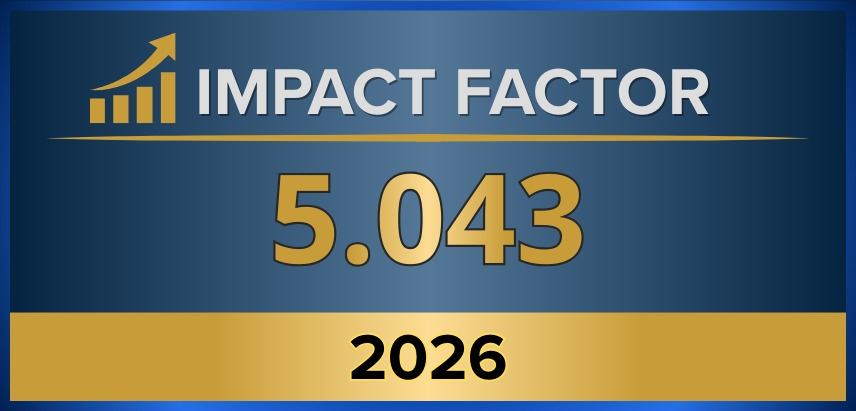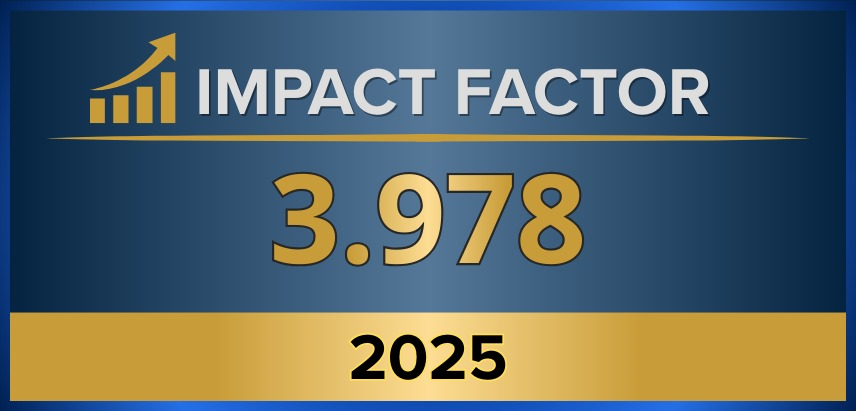Ethical Governance of AI in Public Policy: Bridging Law, Philosophy, and Data Science
DOI:
https://doi.org/10.65180/ijemri.2025.1.1.04Keywords:
Ethical governance, Artificial intelligence (AI), Public policy, AI ethics, Legal frameworks for AI, Philosophy of technology, Data science ethics, AI regulation, Algorithmic accountabilityAbstract
As AI moves rapidly into public policy, addressing the ethical and legal questions related to AI is now a bigger challenge. This paper highlights the main requirement of ethical AI by using law, philosophy and data science. It helps public bodies make decisions that are fair, accountable, clear and human rights friendly. The analysis covers main international policy frameworks as well as European Union, UNESCO, US, Indian and Canadian national strategies. During this research, multiple case studies were carried out while exploring concepts from both deontology and utilitarianism in philosophical ethics. It is claimed in the study that algorithms, prejudiced information, inefficient communication to the public and absent regulations lead to serious governance issues. This work suggests a model where ethics in design, strong regulations and the involvement of the public guide data governance. This means that you must combine different areas, support each other and truly examine the audit trail to understand everything. According to the study, to include ethics in AI for public policy, all parties, including technology, principles and institutions, should join forces to safekeep the public.













